The Bomb - Howard Zinn
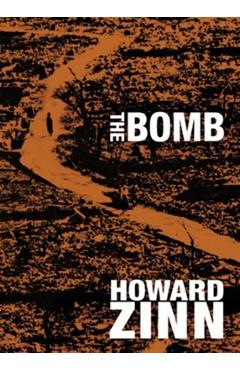
Detalii The Bomb - Howard Zinn
The Bomb - Howard Zinn - Disponibil la libris.ro
Pe YEO găsești The Bomb - Howard Zinn de la Howard Zinn, în categoria History.
Indiferent de nevoile tale, The Bomb - Howard Zinn din categoria History îți poate aduce un echilibru perfect între calitate și preț, cu avantaje practice și moderne.
Preț: 66.17 Lei
Caracteristicile produsului The Bomb - Howard Zinn
- Brand: Howard Zinn
- Categoria: History
- Magazin: libris.ro
- Ultima actualizare: 11-04-2024 01:14:23
Comandă The Bomb - Howard Zinn Online, Simplu și Rapid
Prin intermediul platformei YEO, poți comanda The Bomb - Howard Zinn de la libris.ro rapid și în siguranță. Bucură-te de o experiență de cumpărături online optimizată și descoperă cele mai bune oferte actualizate constant.
Descriere magazin:
As a World War II combat soldier, Howard Zinn took part in the aerial bombing of Royan, France. Two decades later, he was invited to visit Hiroshima and meet survivors of the atomic attack. In this short and powerful book, Zinn offers his deep personal reflections and political analysis of these events, their consequences, and the profound influence they had in transforming him from an order-taking combat soldier to one of our greatest anti-authoritarian, antiwar historians. This book was finalized just prior to Zinn\'s passing in January 2010, and is published on the sixty-fifth anniversary of the bombing of Hiroshima.Simultaneous publication this August in the U.S. and Japan commemorates the 65th anniversary of the USA\'s two atomic bombings of Japan by calling for the abolition of all nuclear weapons and an end to war as an acceptable solution to human conflict.Zinn writes with an enthusiasm rarely encountered in the leaden prose of academic history ...--New York Times Book ReviewThis collection of essays is a great book for anybody who wants to be better informed about history, regardless of their political point of view.--O, The Oprah MagazineZinn collects here almost three dozen brief, passionate essays ... Readers seeking to break out of their ideological comfort zones will find much to ponder here.--Publishers WeeklyA bomb is highly impersonal. The dropper can kill hundreds, and never see any of them. The Bomb is the memoir of Howard Zinn, a bomber in World War II who dropped bombs along the French countryside while campaigning against Germany. After learning of Hiroshima and Nagasaki, Zinn now speaks out against the use of bombs and what it can do to warfare. Thoughtful and full of stories of an old soldier who regrets what he has done, The Bomb is a fine posthumous release that shares much of the lost wisdom of World War II.--James A. Cox, The Midwest Book ReviewThroughout his academic career, his popular writings and work as an activist Zinn consistently, and often successfully, threw a wrench in the works of the US war machine. He may be gone, but through his powerful and passionate body of work--of which The Bomb is an excellent introduction--thousands of others will be educated and inspired to work for a more humane and peaceful world.--Ian Sinclair, Morning StarThe path that Howard Zinn walked--from bombardier to activist--gives hope that each of us can move from clinical detachment to ardent commitment, from violence to nonviolence.--Frid

Produse asemănătoare

Boilies The One Solubil Carp Food, Cherry Bomb, 24mm, 1kg
![]() claumarpescar.ro
claumarpescar.ro
Actualizat in 05/11/2025
30.9 Lei
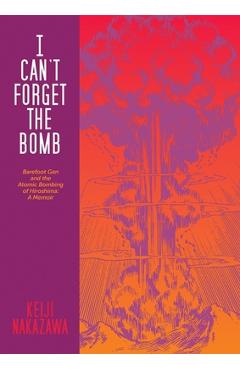
I Can\'t Forget the Bomb: Barefoot Gen and the Atomic Bombing of Hiroshima: A Memoir - Keiji Nakazawa
![]() libris.ro
libris.ro
Actualizat in 28/10/2025
61.14 Lei
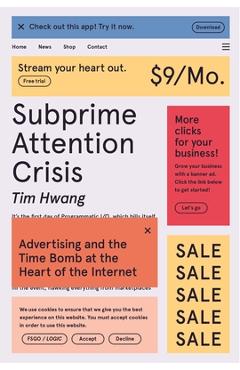
Subprime Attention Crisis: Advertising and the Time Bomb at the Heart of the Internet - Tim Hwang
![]() libris.ro
libris.ro
Actualizat in 28/10/2025
100.44 Lei

Bomb (Graphic Novel): The Race to Build--And Steal--The World\'s Most Dangerous Weapon - Steve Sheinkin
![]() libris.ro
libris.ro
Actualizat in 28/10/2025
100.39 Lei
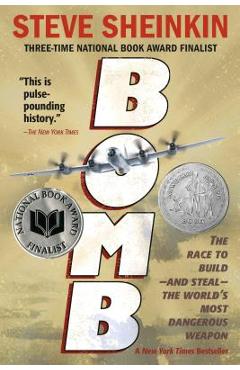
Bomb: The Race to Build--And Steal--The World\'s Most Dangerous Weapon - Steve Sheinkin
![]() libris.ro
libris.ro
Actualizat in 28/10/2025
100.39 Lei
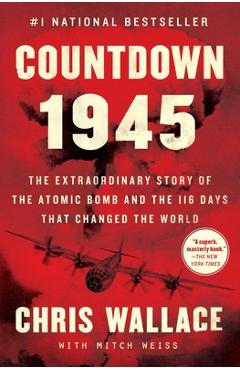
Countdown 1945: The Extraordinary Story of the Atomic Bomb and the 116 Days That Changed the World - Chris Wallace
![]() libris.ro
libris.ro
Actualizat in 28/10/2025
119.28 Lei
Produse marca Howard Zinn
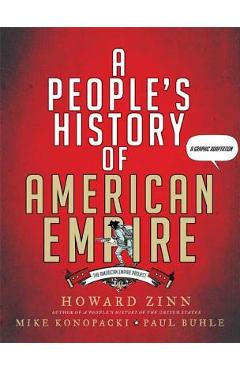
A People\'s History of American Empire: The American Empire Project, a Graphic Adaptation - Howard Zinn
![]() libris.ro
libris.ro
Actualizat in 28/10/2025
183.6 Lei
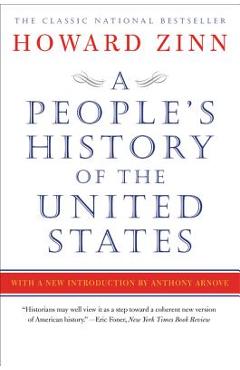
A People\'s History of the United States - Howard Zinn
![]() libris.ro
libris.ro
Actualizat in 28/10/2025
146.82 Lei
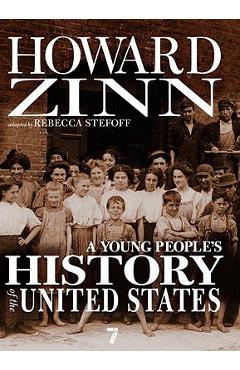
A Young People\'s History of the United States: Columbus to the War on Terror - Howard Zinn
![]() libris.ro
libris.ro
Actualizat in 28/10/2025
128.06 Lei

Three Strikes: Miners, Musicians, Salesgirls, and the Fighting Spirit of Labor\'s Last Century - Howard Zinn
![]() libris.ro
libris.ro
Actualizat in 28/10/2025
111.6 Lei
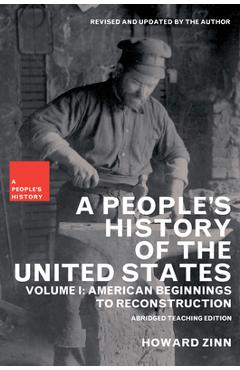
A People\'s History of the United States: American Beginnings to Reconstruction - Howard Zinn
![]() libris.ro
libris.ro
Actualizat in 28/10/2025
157.71 Lei
